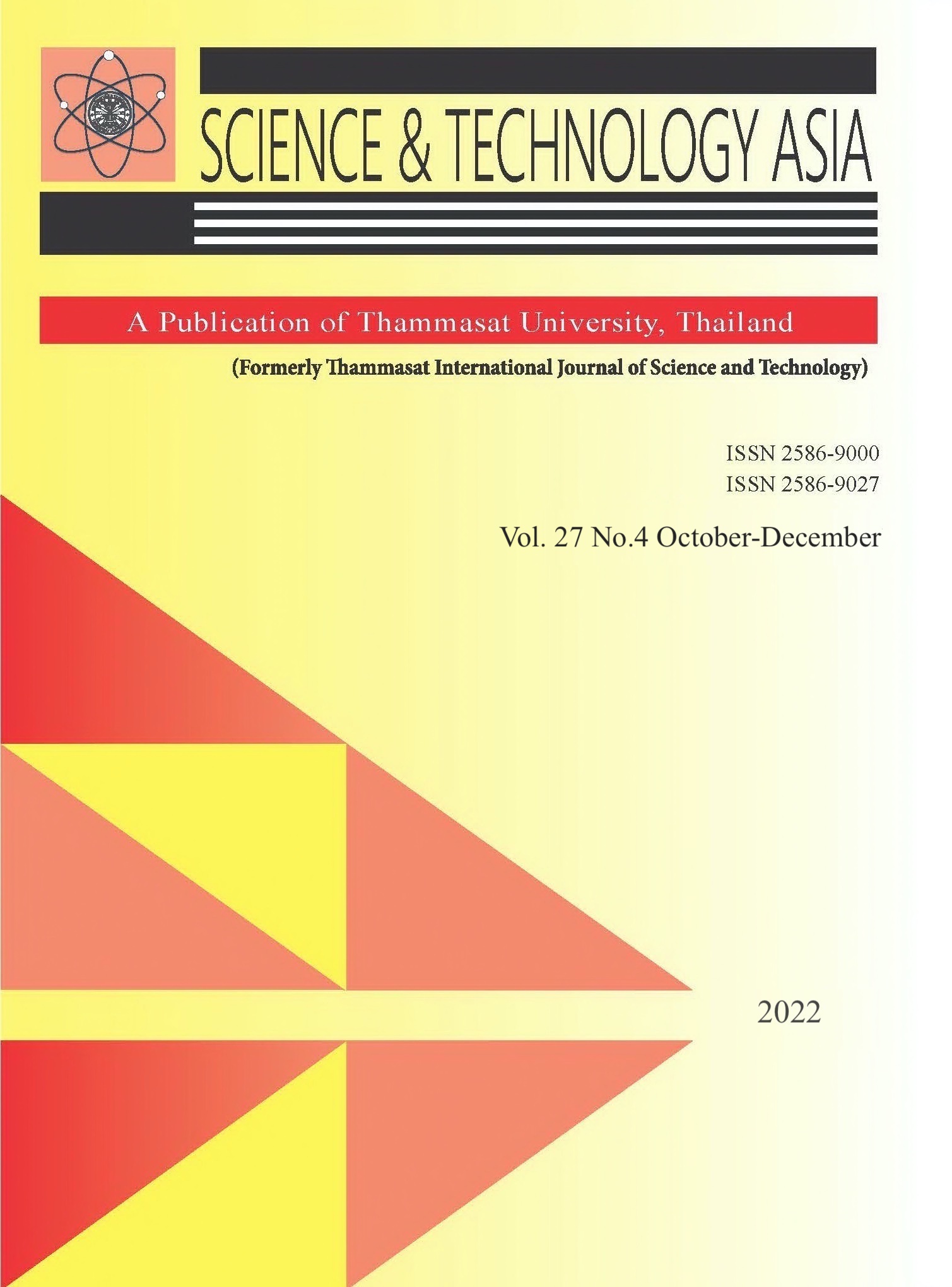Persistence and Progression of Low-grade Cervical Intraepithelial Neoplasia 1 by Combination of Cervical Cytology and HPV mRNA Testing: a Three-Year Follow-Up
Main Article Content
Abstract
This study aimed to gather the persistence and progression rates of histologically confirmed cervical intraepithelial neoplasia 1 (CIN 1) and the three-year follow-up data using a combination of liquid-based cytology and human papillomavirus messenger RNA (HPV mRNA) methods in order to evaluate the current American Society for Colposcopy and Cervical Pathology (ASCCP) guidelines for suitability and practicality when applied to the local Thai population. A retrospective cohort study was conducted at Thammasat University Hospital (TUH) with data collected from October 2013 to September 2016. All cases that indicated colposcopy underwent colposcopic directed biopsy. CIN 1 cases were enrolled and followed up on for three years. Persistence and progression rates of CIN 1 were evaluated. During the study period, data from 383 cases of patients who underwent CDB were enrolled in this study. One hundred and thirty-four cases with cervical-histologically confirmed CIN 1 were analyzed for up to three years. The mean age of participants was 46.6 years. One-third of the participants were in menopause. Two-thirds had a history of sexually transmitted diseases (STDs). Only one-fifth of participants had been vaccinated for HPV. The cumulative incidence rate of CIN 3+ at three years, the persistence rate, and the regression rate of CIN 1 were 4.53, 9.4, and 87.5 percent, respectively. In conclusion, CIN 1 cases should be treated more aggressively and monitored frequently in Thai populations due to the higher incidence of CIN 3.
Article Details

This work is licensed under a Creative Commons Attribution-NonCommercial-NoDerivatives 4.0 International License.


